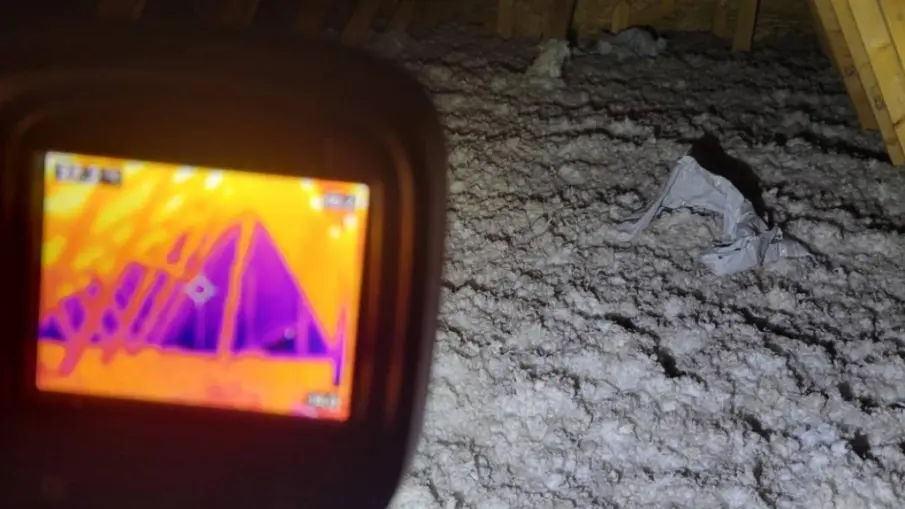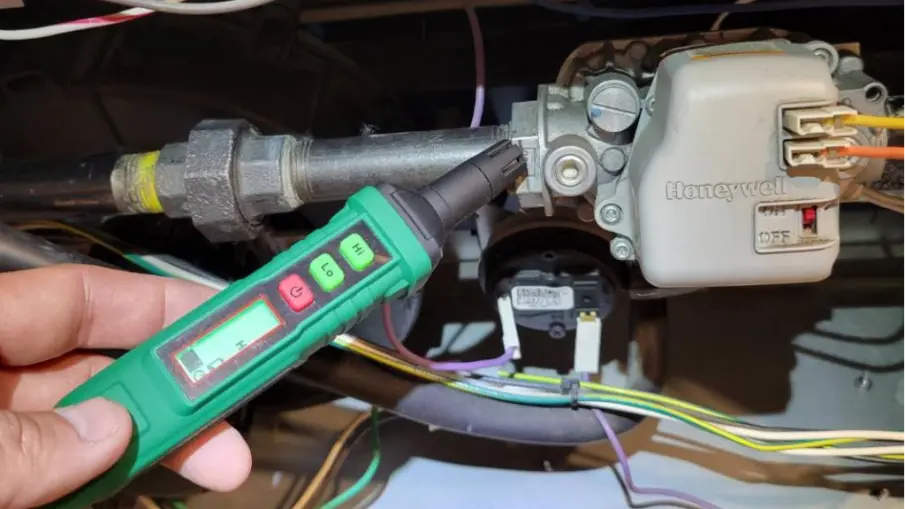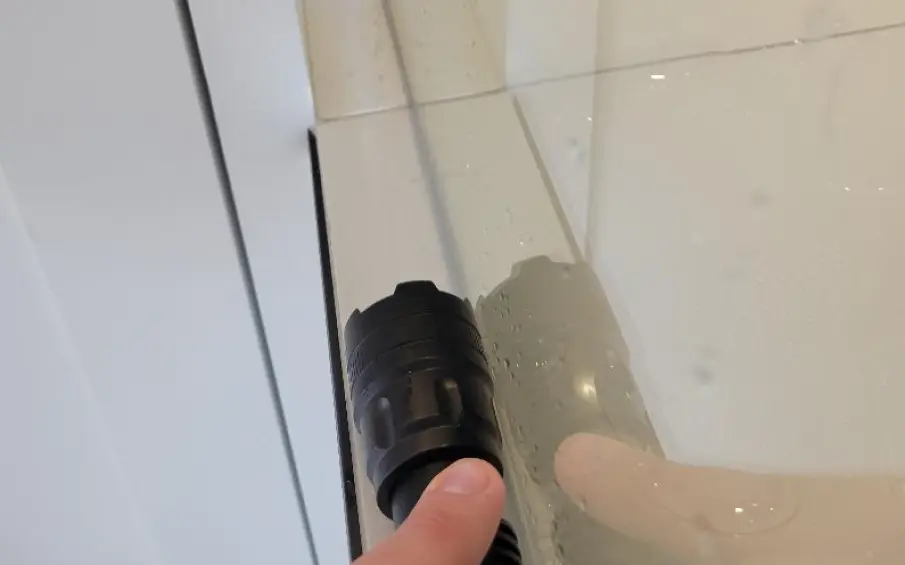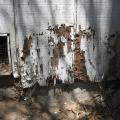The Part Home Inspections Play in Real Estate Investing

Although real estate investing is a lively and maybe profitable endeavour, it also has certain hazards. Due diligence is necessary if one is to negotiate these successfully. The home inspection is a vital stage that usually distinguishes a good from a bad investment. Home inspections give investors thorough knowledge about the state of a property, therefore enabling the discovery of latent problems and prevention of later expensive shocks. This article will identify the significance of home inspections in real estate investing, outlining why they are indispensable and how they benefit investors.
Why Residential Inspections Benefit Investors
A major part of the real estate investment process, home inspections give great value since they give a thorough assessment of the state of a house. Clear knowledge of what they are purchasing helps investors prevent unanticipated repair expenses that can affect profitability. Inspections assist in revealing structural flaws, malfunctioning systems, or concealed damage—all of which might not be seen during a casual tour through. Early identification of these problems will help investors decide whether to proceed with a purchase, negotiate repairs, or change their offer to better represent the actual state of the property.
Categories of Inspections to Consider for Property Investors
Pre-Purchase Inspections: Before committing to a property, investors should plan to budget for a pre-purchase home inspection. This kind of inspection offers a thorough evaluation of the present situation of the property, therefore stressing any immediate issues or possible future difficulties. Pre-purchase home inspections are frequently helpful in identifying issues that could lower the value of the property or necessitate significant unwelcome costs to fix. Equipped with this knowledge, investors can negotiate better terms, ask for repairs, or even rethink the acquisition should the problems be too severe, therefore improving the whole investing plan.
Maintenance Inspections: Maintaining the value of investment properties depends critically on routine maintenance inspections. By seeing maintenance needs before they become major concerns, these checks help investors keep ahead of possible difficulties. Regular inspections help investors to budget for repairs, thereby guaranteeing that the property stays in good condition and keeping tenants or drawing in buyers when they’re ready to sell. Maintenance inspections also show tenants that the property is kept in good condition, which can raise tenant satisfaction and retention and therefore raise the value of the property.
Pre-Sale Inspections: Pre-sale home inspections can be quite helpful before you plan to sell an investment property. This check-in lets the seller spot and fix any problems that can cause a deal to fall apart or result in reduced bids to be made. Fixing these issues ahead of time would help sellers show the home in the best possible light, therefore accelerating the sale process and maybe increasing the selling price. Knowing that the property has been carefully inspected and any required repairs have been done, pre-sale inspections can provide buyers confidence and help to enable a more seamless transaction.

Important Areas Under Review During an Inspection
Any property depends critically on its foundation, roof, and general construction. These regions are the subject of inspections meant to find problems, including structural flaws, water damage, or cracks. Long-term stability and safety depend on a property's structural integrity; hence it is especially crucial for investors trying to avoid expensive repairs down the road.
Home inspections closely examine important systems and components like HVAC, plumbing, and electrical systems. Inspectors look for correct installation, utility, and any wear or damage. Early identification of problems with these systems can save investors large sums of money and help to avoid tenant disturbance.
A major component of home inspections are safety and compliance checks. Examining items including smoke detectors, carbon monoxide detectors, and appropriate egress from basements and bedrooms, inspectors make sure houses satisfy local building rules and safety standards. Protecting residents and avoiding legal responsibility depend on following these guidelines.
The value and livability of a property can be greatly influenced by environmental dangers, including mould or asbestos, as well as by pest infestations. Inspections cover searches for termites, mice, mould, and other environmental issues. Taking quick care of these problems guarantees a safe and healthy living environment, thereby maintaining the value of the property.
Benefits of Home Inspections for Investors
Informed Decision-Making: Home inspections give investors thorough knowledge about the state of a home, therefore guiding their decisions. This information enables investors to evaluate if the possible expenses exceed the advantages or if a property is worth the investment.
Negotiation Leverage: Armed with an inspection report, investors can negotiate better acquisition conditions or demand repairs prior to closing the transaction. This leverage can produce notable savings or better terms of contract, therefore improving the whole investment value.
Risk Mitigation: Early identification of any problems by inspections helps investors prevent unanticipated expenses and liability. Solving issues before they become more severe helps investors reduce risks and guarantee a more steady and successful investment.
Maintenance Planning: Results of inspections offer a road map for further repairs and upkeep. Based on the inspection report, investors can create a maintenance schedule guaranteeing the property stays in good shape and keeps appreciating in value.
Choosing the Right Inspector for Investment Properties
Accurate and dependable information depends on choosing a professional and seasoned home inspector. To find an inspector with experience looking at investment properties, search for those with certificates from reputable companies like CAHPI or InterNACHI.
Selecting an inspector with experience in this field helps you to meet particular difficulties presented by investment properties. Those that are aware of the requirements of real estate investors can offer more customized advice and observations.
Vetting your home inspector starts with a thorough review and reference check. Seek for inspectors with an established track record of exhaustive and consistent inspections and excellent comments from past customers. This due care guarantees you choose a professional who will offer insightful analysis of your investment property.

It’s Worth Investing in Home Inspections
Real estate investment depends much on home inspections, which provide vital information enabling investors to negotiate better terms, make wise decisions, and properly maintain their properties. Investors can improve their investment plan and have more success in the real estate market by realizing the need of inspections and selecting the suitable inspector. It is obvious that including house inspections into your real estate investment plan will help to preserve and improve your assets.
More to Read:
Previous Posts:








